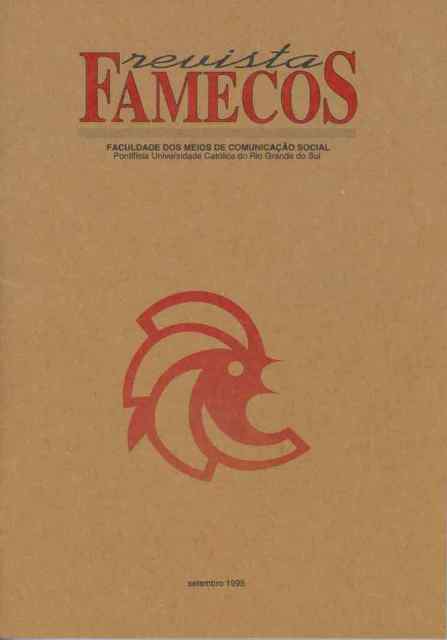Restrictions on the hypothesis of mutual knowledge in the communicative process
DOI:
https://doi.org/10.15448/1980-3729.1995.3.2928Keywords:
Communication, Communicative Process, Relevance TheoryAbstract
The purpose of this article is to highlight one of these controversial issues, specifically the one that refers to the rejection by S-W of the hypotheses of mutual knowledge (MK), which is replaced by the notion of mutually manifest cognitive environments. This notion is a fundamental presupposition of theory and hence of the principle of relevance (PR), and will be discussed on the basis of arguments that make it possible to clarify the true purpose of the authors.Downloads
References
AUSTIN, J. L. How to do Things with Words. Oxford: Claredon, 1962.
CLARK, H. Relevance to What. Behavioral and Brain Sciences. Cambridge: Cambridge University Press, 1982.
FODOR, J. A. The Modularity of Mind. Cambridge: MIT Press, 1983.
GERRIG, R. J. Relevance theory mutual knowledge and accidental irrelevance. Behavioral and Brain Sciences. Cambridge: Cambridge University Press, 1987
GRICE, H. P. Logic and Conversation In Cole & Morgan (eds). Sintax and Semantics. Vol 3, Speech Acts. New York: Academic Press, 1975.
SPERBER, D. & WILSON, D. Mutual knowledge and relevance in theories of comprehension. In SMITH. Mutual Knowledge. New York: Academic Press, 1982.
__________. Relevance: communication and cognition. Cambridge: Harvard University Press, 1987.
__________. Loose talk. In DAVIS. Pragmatics - A reader. New York: Oxford University Press, 1991.
WILSON, D., & SPERBER, D. Inference and Implicature. in TRAVIS. Meaning and Interpretation. Oxford: Basil Blackwell, 1986.
Downloads
Published
How to Cite
Issue
Section
License
Copyright
The submission of originals to Revista Famecos implies the transfer by the authors of the right for publication. Authors retain copyright and grant the journal right of first publication. If the authors wish to include the same data into another publication, they must cite Revista Famecos as the site of original publication.
Creative Commons License
Except where otherwise specified, material published in this journal is licensed under a Creative Commons Attribution 4.0 International license, which allows unrestricted use, distribution and reproduction in any medium, provided the original publication is correctly cited.






